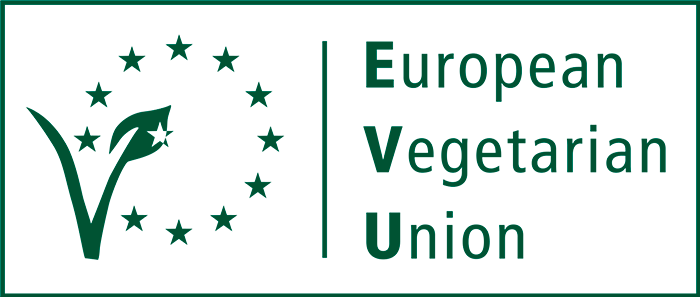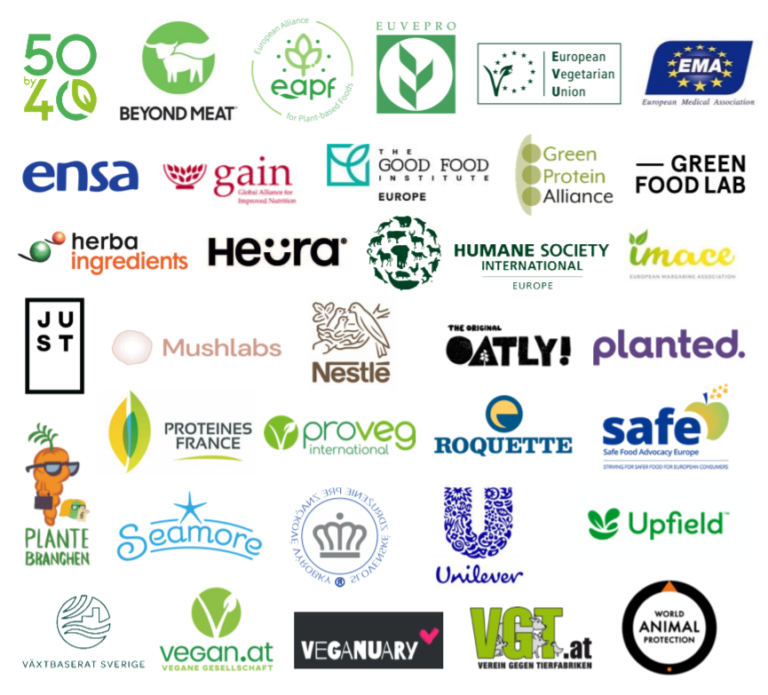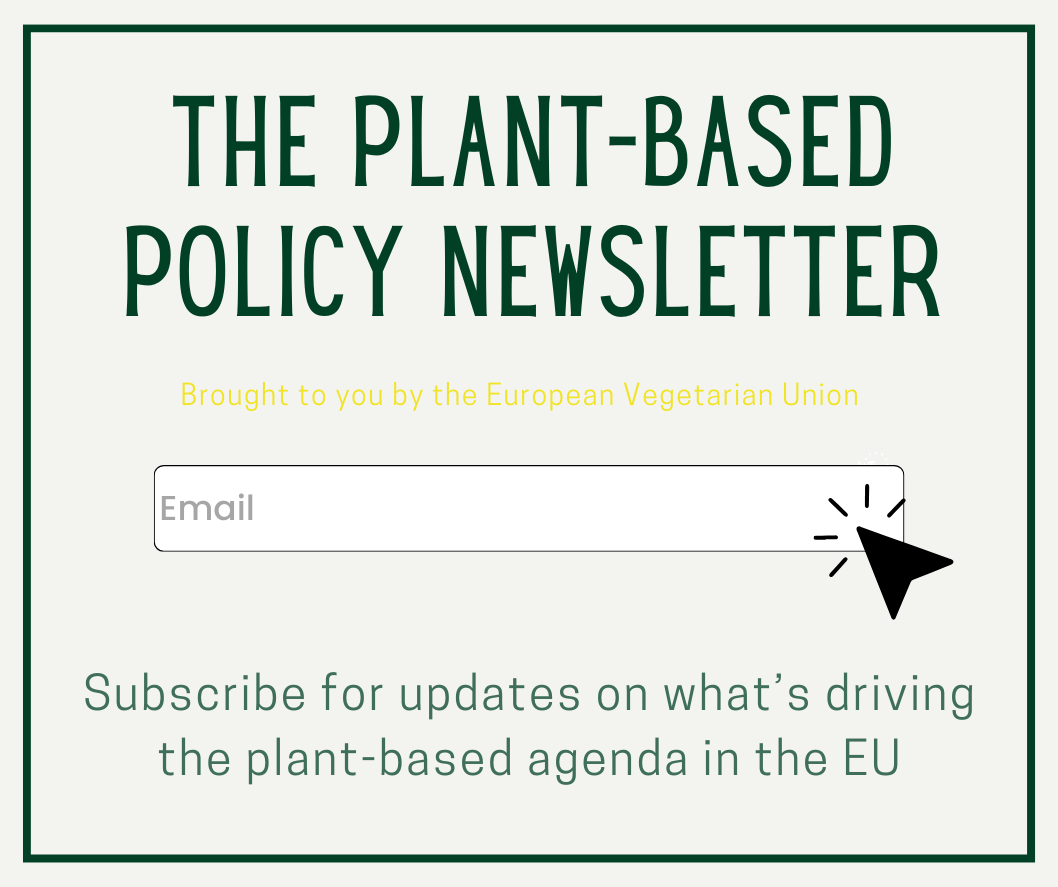Previously, negotiations in the agriculture committee, where the proposals were first discussed, were unsuccessful as committee members were not able to reach an agreement.
The adoption of the original amendment 165 would ban the use of “meaty” names such as “steak” or “burger” for describing vegetarian or vegan alternatives to meat products. Another ‘compromise’ proposal to 165 would still restrict the naming practice and pass the ball to the European Commission to clarify the issue.
Amendment 171 is concerned with dairy-related terms. While terms such as “milk”, “cheese” or “yoghurt” are already reserved for products that contain dairy milk according to Regulation (EU) No. 1308/2013, the amendment would lead to a further limitation of the use of such terms as all references in commercial communications would be prohibited. This includes descriptions such as ‘alternative to cheese’ or ‘yoghurt style’.
It has always been EVU’s position that these terms convey important information about the form, function and flavour of the products, which can support consumers in making informed choices, provided that the plant-based nature of the product is clearly communicated. Furthermore, amendments 165 and 171 conflict with objectives of the ‘Farm to Fork’ Strategy of the European Commission, which states the need to empower consumers “to choose sustainable food” and to make “it easier to choose healthy and sustainable diets”.
Some civil society organisations, science representatives, retail as well as companies joined forces under the umbrella of the European Alliance for Plant-Based Foods (EAPF). The alliance wrote an open letter to MEPs, asking to reject the amendments and gathered more signatories, such as multinational players Nestlé and Unilever.
In order to prevent the adoption of the amendments, ProVeg’s burger ban petition was also re-launched, gaining over 100,000 signatures and the topic has already received some media attention. Media outlets discuss the joint efforts and even the Dutch satirical show “Zondag met Lubach” picked up the topic.
As the proponents of the bans are launching their own campaigns, EVU and the other plant-based stakeholders continue their lobbying efforts. Now it is up to MEPs to decide which arguments they find most convincing and how they will vote.


